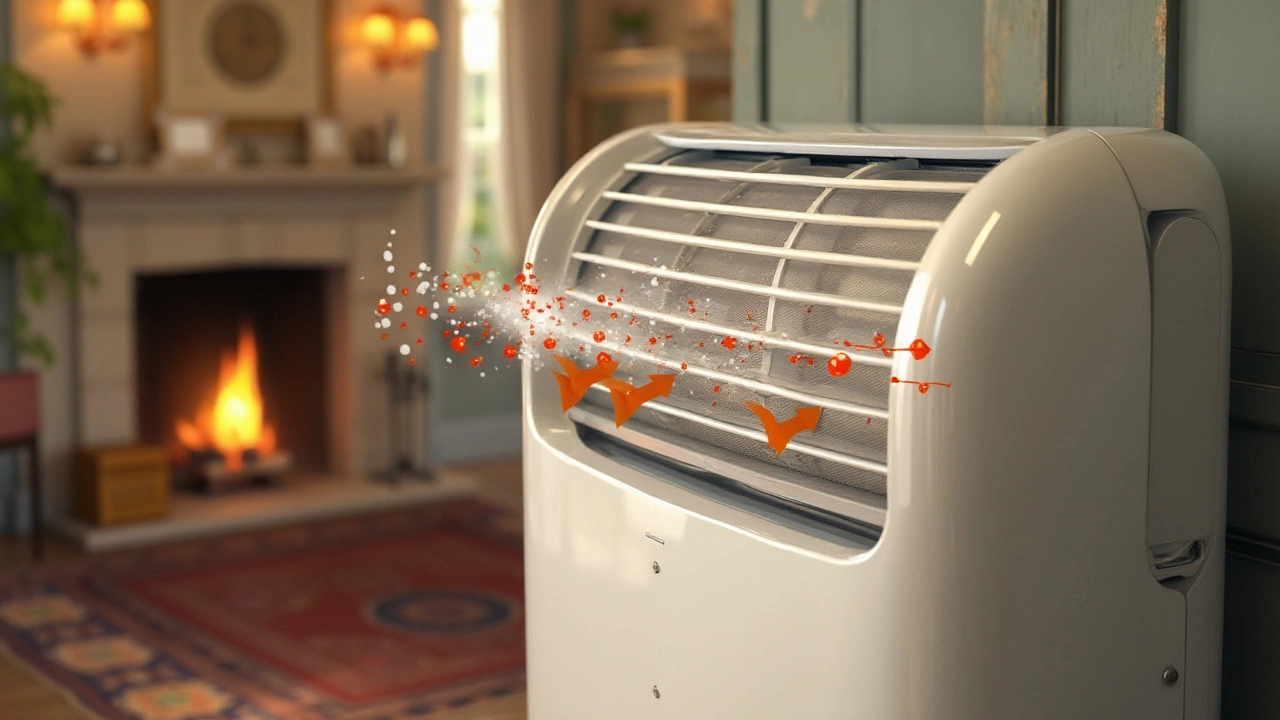AC Maintenance – Essential Tips for Your Car’s Cooling System
When working with AC maintenance, the routine care of a vehicle’s air‑conditioning system that keeps the cabin comfortable and prevents costly breakdowns. Also known as climate control upkeep, it involves checking refrigerant levels, inspecting the compressor, and cleaning the cabin air filter. Another crucial piece is the automotive air‑conditioning system, the network of components that cools and dehumidifies interior air, which relies on a sealed refrigerant loop, a heat‑exchanging condenser, and an evaporator core. Finally, the cabin air filter, a replaceable element that removes dust, pollen, and pollutants from incoming air, plays a silent but vital role in AC efficiency. Together these elements form the backbone of a comfortable ride, and proper upkeep reduces wear on the compressor, improves fuel economy, and avoids unpleasant smells.
Key Parts of a Car’s AC System
AC maintenance encompasses several distinct tasks: checking refrigerant charge, testing system pressure, and ensuring the compressor clutch engages correctly. The refrigerant, usually R‑134a or the newer R‑1234yf, is the working fluid that absorbs heat inside the evaporator; low charge means the air won’t get cold, while over‑charging can damage seals. The compressor, driven by the engine belt, requires proper lubrication and a healthy clutch to pump refrigerant through the system. The condenser, located in front of the radiator, rejects heat to the outside air—if it’s clogged with debris, cooling efficiency drops dramatically. Meanwhile, the evaporator inside the dash must stay clean; a dusty evaporator reduces heat exchange and can cause mold growth. Finally, the cabin air filter influences AC performance by ensuring clean airflow; a clogged filter forces the fan to work harder, raising engine load. By tackling each of these components during routine service, you create a chain of reliability that keeps the whole HVAC system humming.
Beyond the core AC components, broader vehicle health affects cooling performance. Faulty spark plugs, worn clutch kits, or neglected brake pads can increase engine temperature, putting extra strain on the AC compressor. Likewise, an overfilled oil level or a failing radiator can cause overheating that forces the AC to shut off to protect the engine. Understanding these connections helps you prioritize checks—if you notice weak airflow, a quick glance at the cabin air filter and refrigerant level often reveals the culprit before the compressor fails. Below you’ll discover a collection of articles that dive deeper into related maintenance topics, from clutch replacement to spark plug health, giving you the full picture you need for a well‑rounded vehicle care routine.

Will a MERV 13 Filter Harm Your AC? Let's Dive Into the Details
Feb 4 2025 / Air FiltersHomeowners often wonder if upgrading to a MERV 13 filter might hurt their AC systems. While these filters are excellent at trapping airborne particles, they may reduce airflow, potentially taxing your system. However, with proper understanding and regular maintenance, a MERV 13 filter can offer superior air quality without detrimental effects. Explore the potential impact and learn how to optimize your AC for this high-efficiency filter.
VIEW MORE